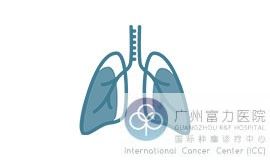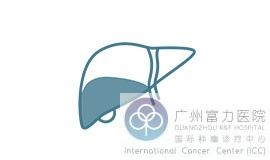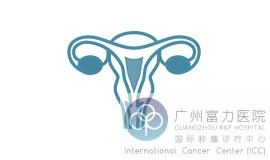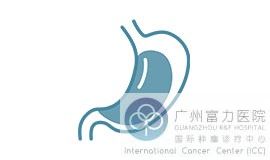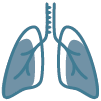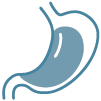Causes of Duodenum Cancer
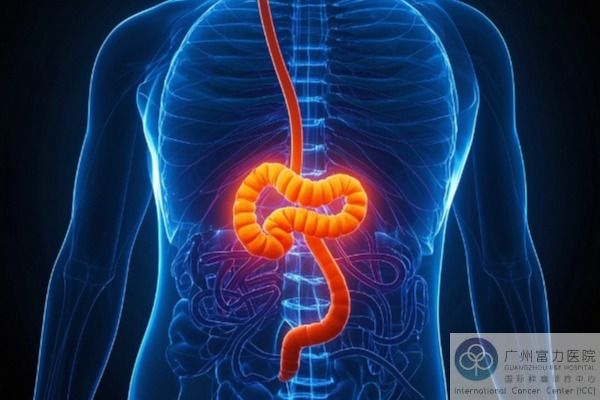
Duodenal cancer is a malignant tumor of the digestive system that originates in the duodenal tissue. It has a low incidence, accounting for only 0.04% - 0.50% of gastrointestinal malignant tumors. The early symptoms are hidden, and in the late stage there will be upper abdominal pain, abdominal distension, nausea, vomiting, anemia, jaundice, etc. If it is a carcinoid, there may also be carcinoid syndrome. Number
According to 2020 data from the World Health Organization, colon cancer is the third most common cancer in the world, and the number of cancer deaths is second only to lung cancer. Approximately 1.9 million people are diagnosed with the disease worldwide, and more than 900,000 patients die from colorectal cancer. Number
Whether mid- to late-stage duodenal cancer can be cured is a complicated matter. Treatment requires a comprehensive consideration of the individual patient, cancer stage and metastasis, and a combination of surgery, radiotherapy, chemotherapy and other means to control the disease, prolong life and improve quality of life. It is difficult to simply determine whether it can be cured. Furthermore, minimally invasive techniques for bladder cancer are not relevant for duodenal cancer treatment.
For more cancer knowledge, please click on the online doctor for consultation
Although the cause of duodenal cancer is not yet fully understood, studies have shown that certain specific factors may be closely related to its pathogenesis. Some substances in bile and pancreatic juice, such as secondary bile acids such as lithocholic acid, are considered potential carcinogens. In addition, familial polyposis and benign epithelial tumors (such as villous adenomas) are also associated with the occurrence of duodenal cancer. Studies have also found that the malignant transformation of duodenal ulcers or diverticula and genetic background also affect the development of this disease to a certain extent.
These findings not only provide us with new perspectives to gain a deeper understanding of this complex disease, but also point the way for future research. By exploring the interaction mechanism between these factors, we may be able to open up new paths for the prevention and treatment of duodenal cancer. At the same time, this also reminds us that when facing health problems, we should pay more attention to individual differences and the complex biological basis behind them.
The cause of duodenal cancer is not yet fully understood, but may be related to the following factors:
Genetic factors: Some duodenal cancers have a familial genetic tendency. Hereditary diseases such as familial adenomatous polyposis and hereditary non-polyposis colorectal cancer significantly increase the risk of duodenal cancer. Studies have shown that the incidence of duodenal cancer in people carrying related gene mutations can be as high as 10% - 20%.
Precancerous lesions: Some benign lesions of the duodenum may transform into cancer, such as duodenal adenoma, especially villous adenoma, which has a higher rate of canceration. In addition, patients with familial adenomatous polyposis may have a large number of adenomatous polyps in the duodenum, and these polyps have a high possibility of becoming malignant cancer.
Helicobacter pylori infection: Helicobacter pylori infection is associated with the occurrence of duodenal cancer. It may promote the formation of cancer cells by causing duodenal inflammation, leading to mucosal damage and abnormal repair process. Studies have found that the infection rate of Helicobacter pylori is high in patients with duodenal cancer.
Eating habits: Long-term intake of high-fat, high-sugar, low-fiber foods, as well as a diet lacking in fresh fruits and vegetables, may increase the risk of duodenal cancer. In addition, regular consumption of pickled, smoked, fried and other foods containing carcinogens can also cause damage to the duodenal mucosa and increase the possibility of cancer.
Environmental factors: Long-term exposure to certain chemicals, such as nitrosamine compounds, polycyclic aromatic hydrocarbons, etc., may be related to the occurrence of duodenal cancer. These substances can enter the human body through contaminated food, water or air, and have a carcinogenic effect on duodenal mucosal cells. At the same time, long-term exposure to environmental pollutants such as asbestos and metal dust may also increase the risk of disease.
Other factors: Increasing age, male gender, obesity, smoking, alcoholism, etc. may also be associated with the occurrence of duodenal cancer. As age increases, the repair and regeneration ability of duodenal mucosal cells decreases, making them more susceptible to gene mutations and cancer; men are generally at higher risk of duodenal cancer than women; obesity may lead to an imbalance in hormone levels in the body, affecting the normal physiological function of the gastrointestinal tract; smoking and alcoholism can cause direct damage to the duodenal mucosa and increase the risk of cancer.
Use precise technology to create more possibilities for life.
The Cancer Center of Guangzhou R&F Hospital has opened an era of "chemotherapy-free survival" for cancer patients, winning a lasting victory for life. If you or your family are facing difficulties in cancer treatment, please contact the Guangzhou R&F Hospital Cancer Center. We offer multilingual medical history consultations, contact us today to get an assessment of your treatment eligibility.
Contact Us:
email: rfcancercenter@gmail.com |
WhatsApp: +86 18565157271










